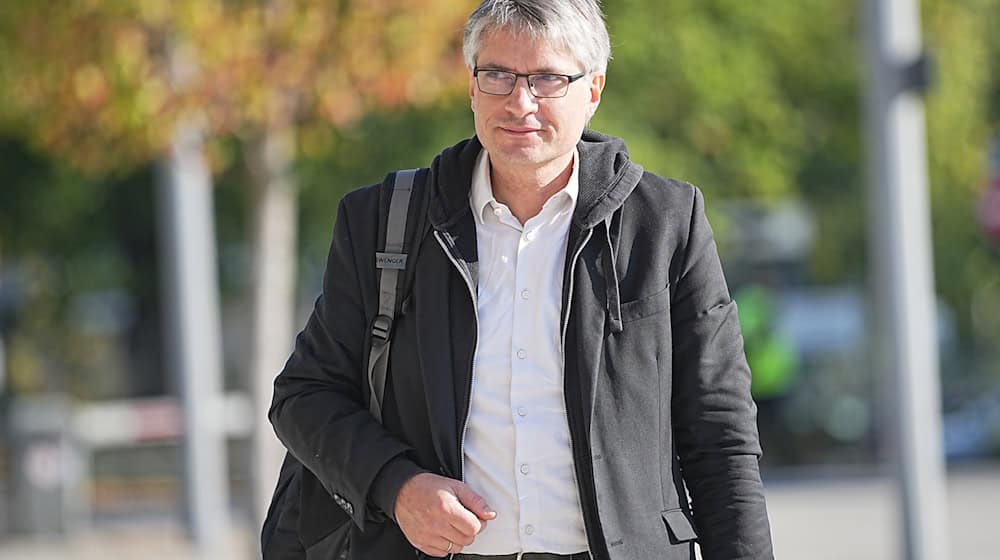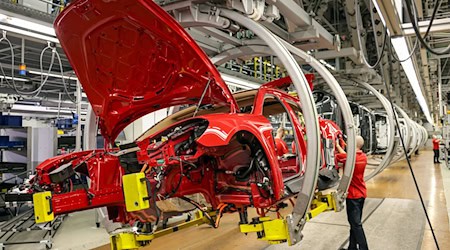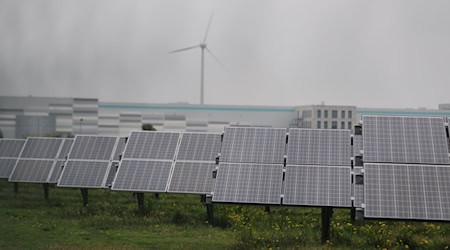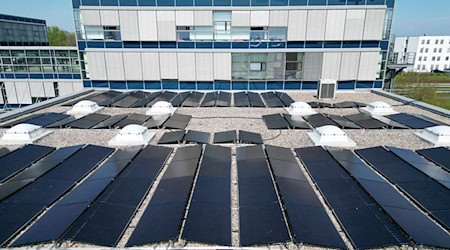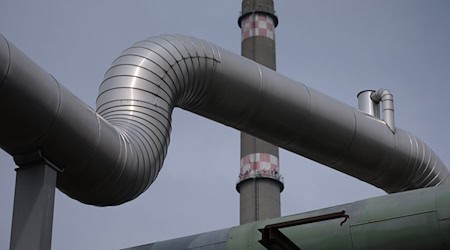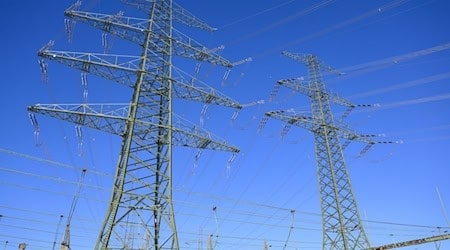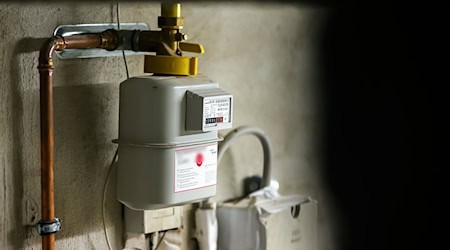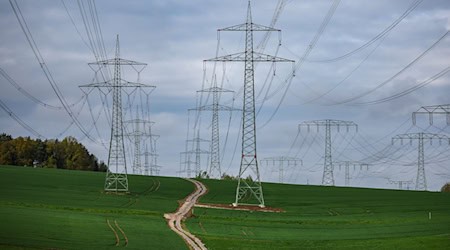State Secretary for Economic Affairs Sven Giegold has rejected the criticism of Saxony's Regional Development Minister Thomas Schmidt (CDU) regarding the federal funding program for former coal regions as "unfounded and factually incorrect". The Green politician emphasized that the "STARK" programme has not only been expanded to include funding for transformation technologies. "We have also created new opportunities to promote investment by companies in training and further education, entrepreneurial action and innovative approaches."
On Tuesday, Schmidt had welcomed the revised funding guideline "Strengthening the transformation dynamics and new beginnings in the coal mining areas and at coal-fired power plant sites", or "STARK" for short, in principle. However, he criticized the federal government for focusing too much on transformation technologies in the amendment and not sufficiently expanding support for small and medium-sized enterprises (SMEs).
"STARK" also applies to SMEs
Giegold, on the other hand, emphasized that the adjustments represent a significant expansion of funding opportunities, which should give new impetus to companies in Saxony in particular. "All of this also applies without restriction to SMEs, which are in fact the focus of the entire program," explained Giegold. In addition, bureaucratic hurdles that hinder SMEs in particular have been removed. "We developed and agreed the changes together with Saxony, so I would have welcomed it if my colleague had expressed additional expansion requirements earlier," added Giegold. There had been an opportunity to do so since December.
The changes are intended to enable projects for the production of batteries, solar panels, wind turbines, heat pumps, electrolysers and equipment for CO2 capture, use and storage to be funded. Another new feature is that up to 40 percent of eligible investment costs can be covered. In addition, investments in some existing funding categories are also eligible with immediate effect.
Copyright 2024, dpa (www.dpa.de). All rights reserved

